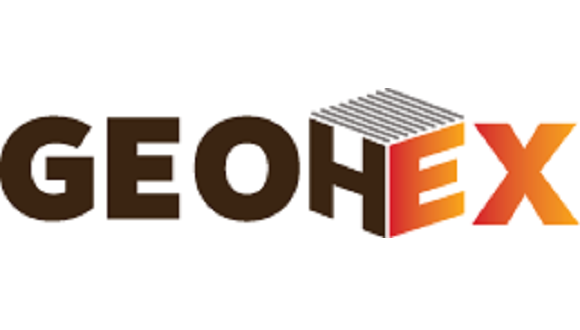Thu, 28 November, 2019
Geothermal is accredited as a flexible resource in the renewable energy mix with the need for an unprecedented pace to cost reduction. The geothermal power plants, due to the inherently harsh environments, are constantly under threat from corrosion and scaling issues resulting in high operational and maintenance costs. Unsurprisingly, heat exchangers, whether direct heat exchangers or Organic Rankine Cycle (ORC), are under constant threat from geothermal brine corrosion and scaling issues and measures are needed to enhance the performance and sustainability.
Project GeoHex, as part of the EC call to develop next generation of renewable energy technologies, aims to develop heat exchanger (HX) materials addressing both the improvements in the anti-scaling and anti-corrosion properties, as well as, the heat transfer performance of the HX material leading to more efficient and cost-effective systems. The project kicked-off on 20-21st November and will run for a period of 36 months.
Concept and methodology
GeoHex will rely on the use low cost carbon steel as base material for HX. Through modifying the surface with nano porous coating and controlling the surface chemistry (along with the surface structure), GeoHex will significantly improve the heat transfer performance of single phase and phase change heat transfer process respectively. The project relies on the use of Ni-P/Ni-P-PTFE duplex and amorphous metal glass coating to attribute the anti-scaling & anti-corrosion properties to the low-cost carbon steel substrate.
The consortium:
Led by TWI, GeoHex consortium has a mix of partners including geothermal plant operator (ON), ORC manufacturer (ENOGIA), engineering firm SPIKE, SMEs (GREIN, TVS, FPS), commercial research organizations (CEA), Innovation expert (ICI), universities (UoB, UoI, ULEIC) and International partner with access to geothermal plant (QLM).
Acknowledgement:
The project leading to this application has received funding from the European Union’s Horizon 2020research and innovation programme under grant agreement No 851917.

